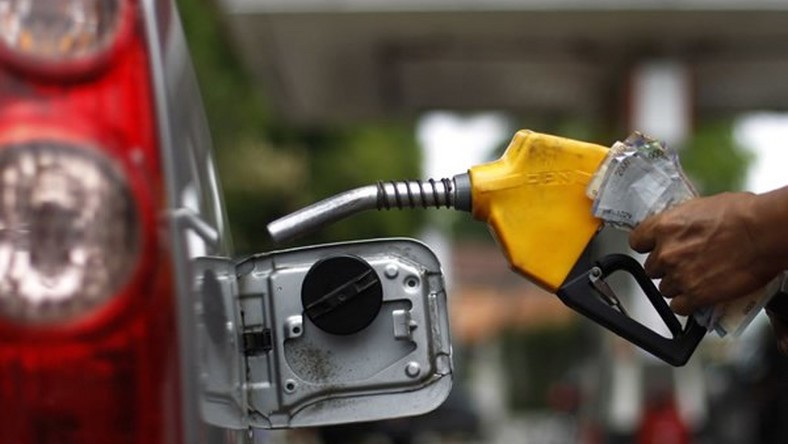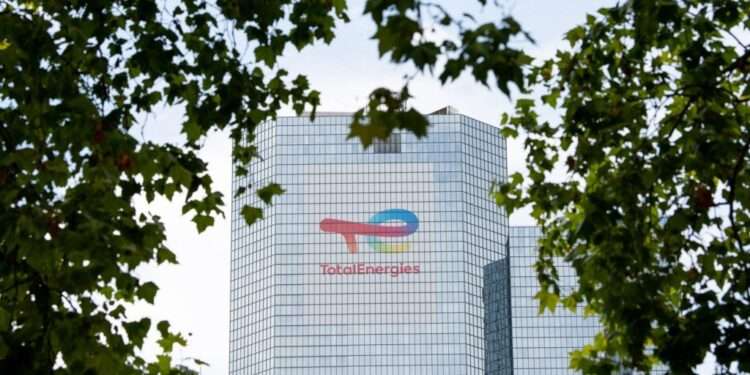Head of Quality Control at the National Petroleum Authority (NPA), Saeed Ubeidalah Kutia, has clarified concerns of drivers on the quality of fuel sold at filling stations across the country.
According to him, the challenges encountered by drivers on the quality of fuel, which has damaged their spark plugs is an unfortunate occurrence. He indicated that the Authority got wind of these concerns as a result of the incessant complaints filed with the NPA’s routine system. With this, he stated that affected customers filed complaints irrespective of it being quality or quantity of fuel issues.
“We realized for a period that the complaints were getting out of the normal range and most of the complaints were linked to jerking of the vehicle. So, my team had to do extensive research as to what was happening. We tested a lot of the fuel again and again and realized it was meeting specification and that was the difficulty…”
Saeed Ubeidalah Kutia
Mr Kutia stated that in a bid to ascertain the cause of the jerky issues encountered with certain types of vehicles, the NPA had to do a data disaggregation of the vehicles involved. This, he noted, gave the Authority the “cure”.
“The background is that every vehicle is designed for a particular grade of fuel. So, we realized that the vehicles that were involved, were actually vehicles requiring about Euro five equivalent of a standard – it’s mostly the reference standard the world over when it comes to the vehicle’s fuel standard. There are a lot of things that causes a car to jerk; one critical thing is octane level. So, when a car vehicle starts to jerk, your first option is to look at the octane level of the fuel.””
Saeed Ubeidalah Kutia
NPA sanctions labelling of pumps based on octane grade
Furthermore, Mr Kutia highlighted that the Authority has sanctioned the labeling of pumps for petrol based on their octane grades.
This, he explained, has become necessary due to recent concerns about the quality of petrol being sold at the pumps.
“It costs about 500 dollars to test for octane so we started testing for octane and realized that all the petrol we’re testing were meeting the octane levels and each of these vehicles have a minimum octane level that the fuel should meet to enable optimal performance.
“And another important point is that every particular car is designed for a certain grade of fuel. So, in fact, the NPA at our last management meeting has sanctioned that next year we’re going to label the pumps for petrol to grade them on octane levels.”
Saeed Ubeidalah Kutia
Moreover, Mr Kutia emphasized that Ghana has two grades of petrol – that is the RON 91 which is red in color and the new one which is green. With this, he noted that a lot of people will buy it and think that it’s diesel, although it is a high-grade petrol called premium petrol which is RON 95 for high performing vehicles.





















